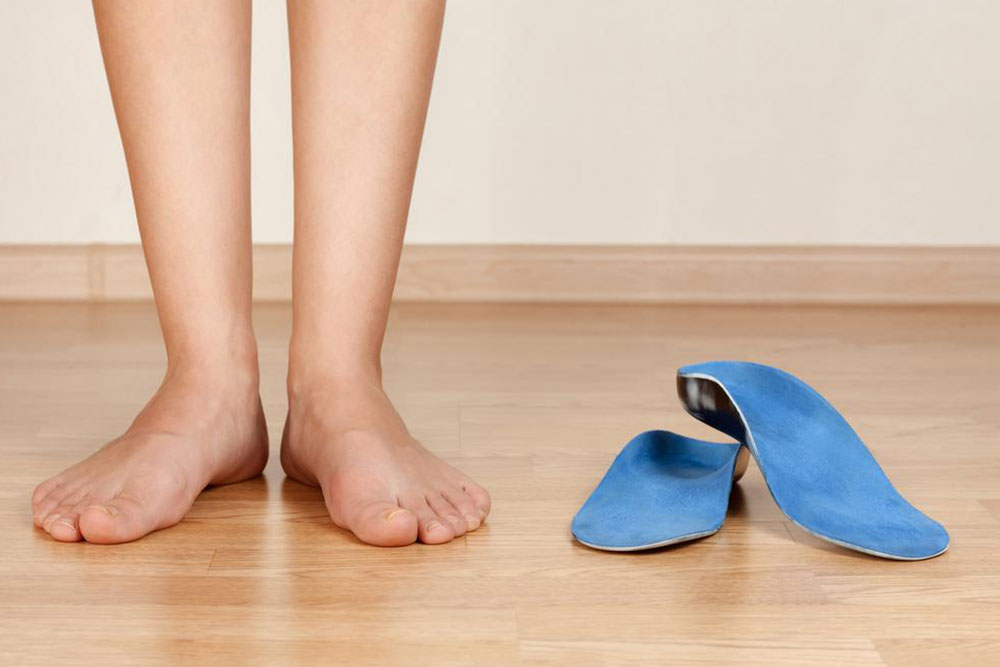Types of Orthotics
The term orthotics is derived from the Greek word ‘ortho’ indicating to align or to straighten something. It is used in the field of medical science today and is primarily concerned with the design, making, and application of the orthotics, an externally fitted device which helps in the modification of the structural as well as functional characteristics of the skeletal and neuromuscular system. The expert who deals with these devices is known as an orthotic who evaluates the condition of the person for preparing the prescription, manufacturing and the management of orthoses.

Functional Orthotics
In general, there are two types of orthotics used in the field of medical science: functional and accommodative. In the functional orthotics, the devices are designed for supporting any abnormality in the foot biomechanics. These devices are often crafted with the aid of supportive plastic polymer items which in turn aid in the prevention of abnormal pronation or flattening of the arch and reduce the impact load from the ground while moving. The work of the functional orthotics is to allow the affected part of the body to function as a rigid lever. When used in the foot, it helps in supporting the subtalar joints and rearfoot along with the midfoot and midtarsal joints. The whole support system stabilizes the affected area and aid in preventing repetitive injury due to overuse. The functional orthotics are used for correcting a host of deformities in the feet.
Accommodative Orthotics
Accommodative orthotics generally comes with a tender supportive device, which has been designed for relieving the mild pain in the legs and the feet. These orthotics help in correcting minor problems in the feet and correct walking issues stemming from biochemical walking disputes. The accommodative orthotics are of different types including gait plates, splints and night bars which promote corrective adjustments for helping people who are habituated with excessive toe-in and toe-out walking. The accommodative orthotics help in correcting foot, hip, leg and knee abnormalities such as metatarsus adducts, external and internal hip rotation issues and others.
Cognitive Orthotics
The science of orthotics has advanced to a significant extent and has devised software-based personal reminder systems for those who are suffering from cognitive impairment like memory loss and confusion. Individuals who have suffered from traumatic brain injury and sudden memory loss can highly benefit from the cognitive orthotics. Such devices are generally manufactured and installed by experts and are installed on personal digital assistants or PDAs. It typically involves elements of adaptive programming and artificial intelligence for accommodating the needs and requirements of the different individuals more precisely.
The multifunction cognitive orthotic system is developed for assisting people in their performance of ecologically relevant tasks. The primary goal of this therapy is to aid people in individual accomplishments of the practical and applied activities. To sum up, it can be said that the orthotics was established in an attempt to protect the affected individual as he/she progresses through each crucial steps for absolute recovery. Because of such widespread usage, this branch of medicine is growing at a fast pace redefining lives.